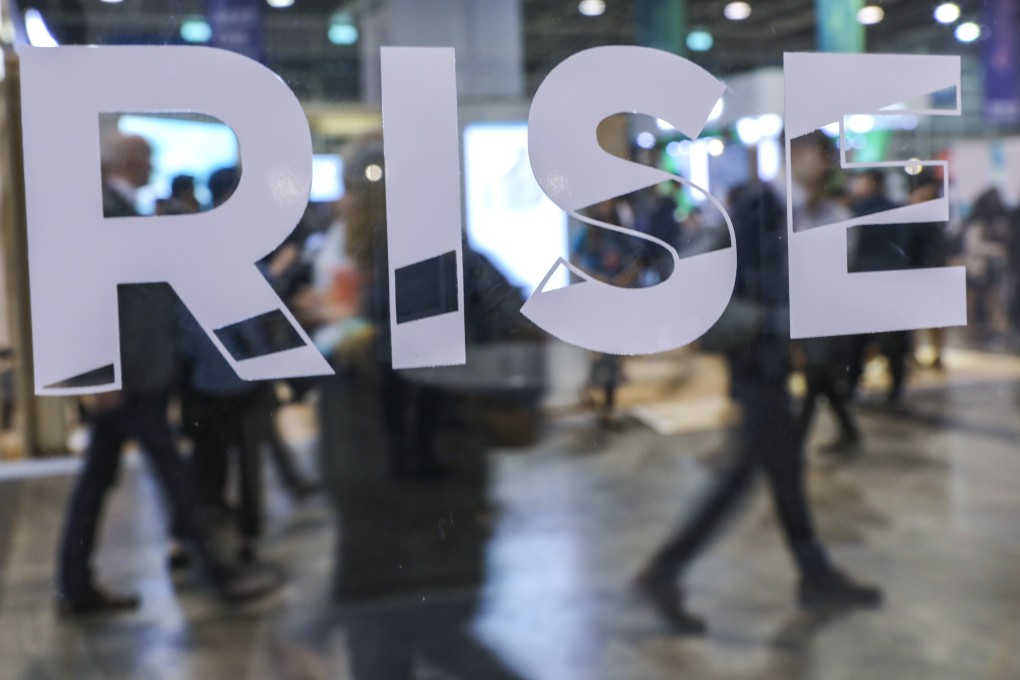China will continue attracting investors, but start-ups need to prove their profitability, Rise Conference hears
- Sentiment dampened by big listings that have failed to perform after IPOs
- Public investors willing to pay ‘quite a bit lower’ than pre-IPO rounds

Companies looking to attract investors must prove they can be profitable soon, a panel of top venture capital players heard at the Rise Conference in Hong Kong on Tuesday.
Last year, a number of companies with huge valuations listed in Hong Kong and the United States, but failed to live up to the hype, with share prices slipping once public. Now, amid global macroeconomic uncertainties and downbeat sentiment, investors are evaluating more carefully how much money they will devote and are more focused on returns.
Optimism about China means “investors in general are willing to put a lot of capital” into companies that are yet to list, turning them into mega unicorns, said Harry Man, partner at venture capital firm Matrix Partners China.
“[But these companies] have to prove to investors and everyone else that they are producing results, using real data and projects to produce efficiency in the market, which will eventually be turned into revenue and profit,” Man told the panel.
“They have proved they are good at raising capital, but eventually they will have to make themselves into profitable companies, one way or another. They will have to face the world and say ‘I am worth this amount of money’,” he added.